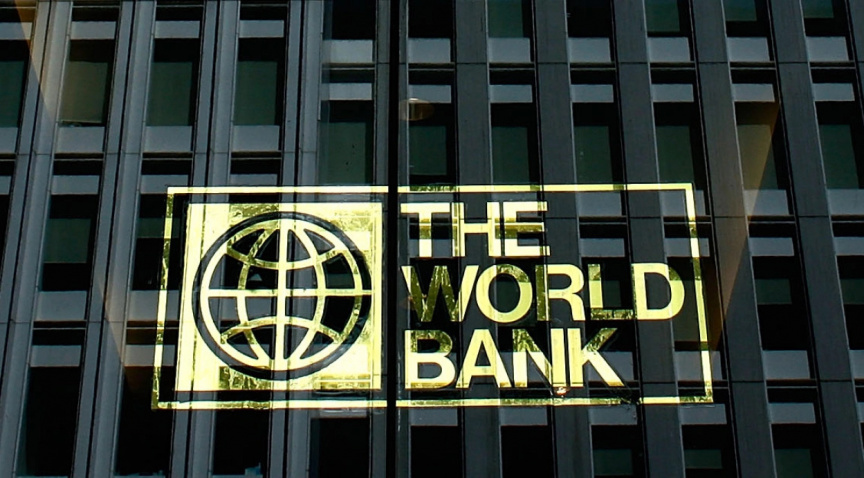
World Bank Warns Maldives on Risks of Central Bank Reliance
The World Bank has raised a red flag about the Maldives' heavy dependence on the Maldives Monetary Authority (MMA) and commercial banks to manage its budget deficit. This reliance, according to the World Bank, could threaten the country's economic stability.
During the presentation of the World Bank's Maldives Development Update: Scaling Back and Rebuilding Buffers (May 2024), Erdem Atas, Country Economist and Resident Coordinator for Maldives at the World Bank, highlighted how much the government relies on the MMA and commercial banks for funding. He pointed out that as of January 2024, a significant 60 percent of MMA’s assets were tied up in government securities. Additionally, 30 percent of the banking sector's resources are devoted to government Treasury Bills (T-Bills) and Treasury Bonds (T-Bonds).
"The government heavily relies on MMA and other commercial banks to secure financing," Atas explained. He warned that this heavy reliance could pose serious challenges to the Maldives' economic development and fiscal stability.
The report also revealed that by the end of 2023, the Maldivian government had printed MVR 4.4 billion (approximately USD 285.3 million) from the Public Bank Account (PBA) to cover its budget deficit. While this move addressed immediate fiscal needs, it raises concerns about the long-term health of the economy.
Efforts have been made to stabilize these investments since November 2023. Despite these challenges, the Maldives' banking system has shown resilience, advancing by nine percent over the past year. However, the World Bank stressed the urgent need for the Maldives to reduce its fiscal deficit and implement strong fiscal reforms.
Atas urged, "It's crucial for the Maldives to cut costs and implement fiscal reforms as soon as possible to improve the country's fiscal situation." The World Bank’s recommendations are aimed at helping the Maldives build economic buffers and ensure sustainable development.
The Maldives' heavy reliance on central bank financing isn't unique, but the extent of its dependence is worrisome. The World Bank’s call for immediate fiscal reforms is a crucial step toward ensuring the country’s economic stability and resilience against potential financial challenges.
In summary, while the Maldives has shown progress in its banking sector, the government’s heavy reliance on the MMA and commercial banks highlights the urgent need for fiscal reforms. Addressing these issues is essential for the Maldives to achieve a more stable and sustainable economic future.